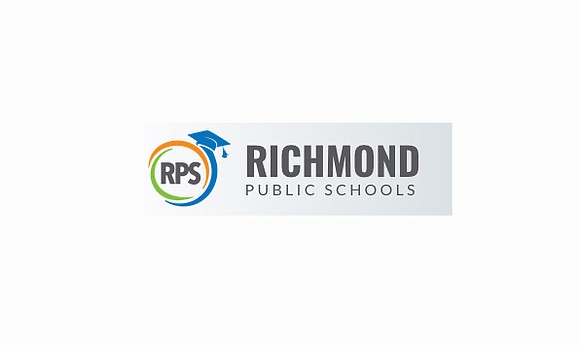RPS school construction costs, process criticized
Ronald E. Carrington and Jeremy M. Lazarus | 11/8/2019, 6 a.m.
Richmond School Board members Kenya Gibson, 3rd District, and Jonathan Young, 4th District, used Monday’s School Board meeting to express concern that the bidding process Mayor Levar M. Stoney’s administration used to choose contractors to build three new district schools has added tens of millions of dollars to the cost.
Relying on a report from a contractor’s group, the two members told the board that Richmond is spending at least $25 million extra to build the new schools, compared with Chesterfield County, which used a different bidding process.
They said the higher cost potentially prevents construction of an additional Richmond elementary school building. Mr. Young admonished the board, saying, “More than a year ago, my colleague Kenya Gibson and I voted for what would have constituted a very different school construction process.” Richmond Public Schools would have handled the construction instead of the city, he said.
Ms. Gibson said that the high cost Richmond is paying was “designed to ensure the schools were built before the (mayoral) election” in November 2020. “I don’t see how that serves the best interest of our students.”
The Stoney administration has denied that.
The price tag for construction of replacement buildings for E.S.H. Greene and George Mason elementary schools, as well as for a new middle school on Hull Street Road, initially was estimated at $110 million.
As the Free Press noted in April, the cost has increased to $141 million, with some costs yet to be determined, including demolition of old buildings and outfitting the new buildings with furniture and fixtures, which are expected to add at least $5 million to the total.
The three new schools are slated to open in the fall of 2020.
The new construction is being funded through an increase in Richmond’s sales tax on restaurant and prepared food, which is to generate $150 million. No additional funds are expected to be available if the construction costs go over budget.
Earlier on Monday, City Council members Kim Gray, 2nd District, and Kristen Larson, 4th District, joined Ms. Gibson at a news conference outside City Hall to oppose the city administration’s future use of the same bidding process to award school construction contracts.
Richmond used the process of “construction manager at risk” to build the three new schools.
Lincoln Saunders, Mayor Stoney’s chief of staff, defended the use of this process, as allowing faster construction versus the standard competitive sealed bidding process, which Chesterfield County used.
According to Mr. Saunders, “construction manager at risk” bidding allowed the city to speed up the building process and complete the work in one year. He claimed the use of sealed bidding would have added another year to the construction timeline.
Mr. Saunders and Jim Nolan, the mayor’s press secretary, noted the rash of public complaints about the terrible conditions at George Mason and said the mayor wanted to get students into a new building.
However, Matthew D. Beka of the Virginia Contractors Procurement Alliance, called that a false argument. He said that communities like Chesterfield that use competitive bidding get better prices while getting construction done in the same timeframe. He said the construction manager at risk process puts the winning bidder on the hook for cost overruns, but makes cost less of a factor.
William E. “Bill” Loughridge, former owner of a company that has built dozens of Virginia schools, also said localities often require schools to be constructed within a year when they use sealed bids, and bidders take that into account.
Mr. Beka said that the contractor’s alliance warned the mayor, City Council and the SchoolBoard inAugust 2018 that the contractor at risk bidding process would add 15 to 20 percent to the cost, but were ignored.
According to the Alliance, Chesterfield is spending $75 million to gain three new elementary schools, while Richmond is spending $71 million to get two new elementary schools.
School Board Chair Dawn C. Page, 8th District, and board Vice Chair Elizabeth Doerr, 1st District, dismissed any concerns about higher costs.
“We want our students in state-of-the-art facilities as soon as possible and believe the construction approach we have utilized has ultimately been in their best interest,” they said in a statement issued Monday night.









